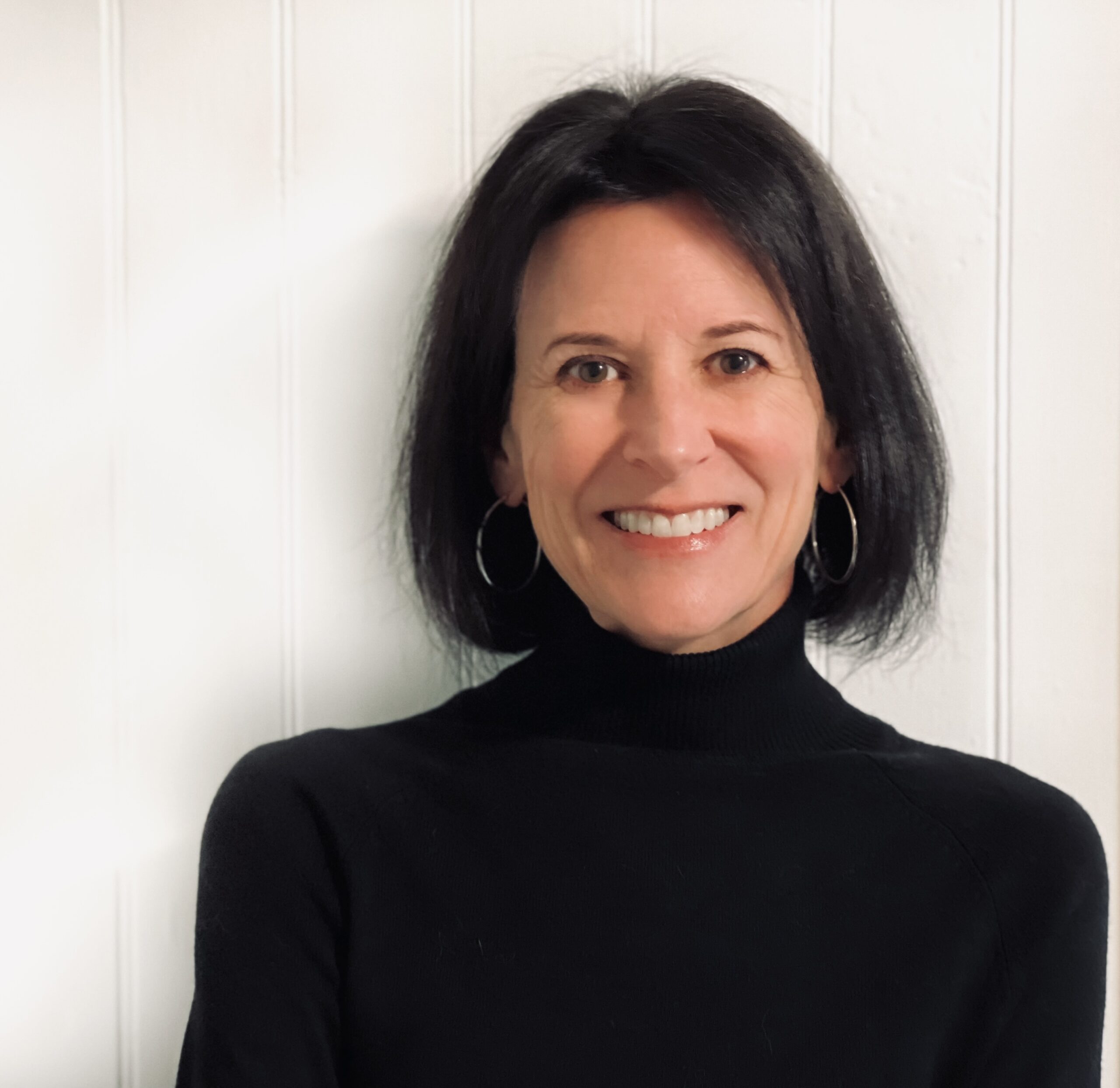Alan Weisman’s Countdown: Our Last, Best Hope for a Future on Earth? follows his fascinating book The World Without Us, this time asking the question: What will become of the world with us? And not only with us but with a whole lot more of us.
As with his previous book, Countdown is wide-ranging work of journalism in which Weisman merges facts and projections about the world’s fate with real-life anecdotes and evidence from experts and citizens of more than twenty regions, from Italy to Uganda to Iran to the Philippines. It’s this balance of science and humanity, of hard facts and figures along with the fears and hopes of ordinary people, that makes this such a compelling and important read.
Weisman’s main point is this: We are at 7 billion people on Earth today, and 1 million more humans are being born every four-and-a-half days. We’re projected to reach 10 billion by the year 2100—and, by most accounts, this will not be sustainable; there simply won’t be enough resources to go around. However, if we begin to limit our population growth now—say, if the entire world adopted a one-child policy—we’d return to a very civilized population of 1.6 billion (which was the population in 1900), and there would be plenty of room and resources for all.
But, as Weisman asks, “Do we have the will and the foresight to make decisions for the sake of descendants we will never know?”
Acknowledging that legislating a one-child policy would not be a popular move, to say the least, Weisman nonetheless takes a close look at the history of birth control and fertility around the world, in countries including the U.S., China, Japan, Nepal, India, Thailand, and many others. The facts and anecdotes are interesting and sometimes surprising; for example, Italy, Spain, Hong Kong, Macau, Singapore, Japan, and Taiwan—none of which have a one-child policy—all have lower fertility rates than China. And one Japanese couple’s birth control method—not having sex at all—is somewhat supported by a Japanese government survey showing that 36 percent of Japanese teenage males are not interested in, or actually “despise,” sex.
In fact, Japan may serve as an interesting case study for what’s to come for the entire planet—its population is shrinking, and it will be among the first regions to test the theory of whether we can have prosperity without growth: “Japan has no choice,” Weisman writes, “but to become the first modern society to try.”
A close look at the current and future state of the environment and our planet’s resources are behind Weisman’s thesis that a lower human population is the key to a future on Earth. The climate is rapidly heating up—the ice-free Arctic summer first predicted for 2050 is now projected to happen in just three years, in 2016—and we humans have become good at beating illness and living longer even as we use up more and more of the Earth’s resources. As one magazine article Weisman quotes points out, it’s not overpopulation that will destroy the planet; it’s overconsumption.
But so far, we haven’t proven that we’re willing to consume less for the sake of the environment. Weisman points to the practical but mostly ignored argument that going vegetarian would do the planet more good than just about anything else: the vast majority of land goes to feeding livestock; producing one kilogram of beef emits as much carbon dioxide as driving a car 160 miles and uses ten times the water as the same amount of wheat. When you factor in energy costs and fertilizer, producing animal protein burns eight times more fuel than producing plant protein, and livestock and their byproducts account for a whopping 51 percent of worldwide greenhouse emissions. Yet, “it’s also true that world meat demand is still rising, not falling…Healthier or not, vegans may not prevail anytime soon.” And Weisman notes that when it comes to technological advances to save energy, “the one technology that in fact could make a dent in our collective impact is one that we already have: the one that lets us curb the number of consumers.”
And this is what Weisman’s book exhorts us to do—to take a close look at what’s happening to the planet and how each of us can make choices that preserve it for the future. Simply put, there will be no future if we don’t conserve: “The Earth can’t sustain our current numbers, and, inevitably, one way or another, those numbers must come down.”
Countdown isn’t all gloom and doom, however—despite the book’s daunting and sometimes downright depressing facts, Weisman’s message is ultimately one of hope. Comparing the fate of the planet to a humane corporation that stays prosperous by managing its size through attrition rather than mass firings, Weisman writes: “I wish every human now on the planet a long, healthy life. But either we take control of ourselves, and humanely bring our numbers down by recruiting fewer new members of the human race to take our places, or nature is going to hand out a pile of pink slips.”
Despite this harsh reality, Weisman embraces what’s most natural of all to humans: the rituals of love and courtship, concluding: “For us to keep doing that, all that’s required is that we leave space for our fellow species to do the same. So simple, so reasonable, and in our days to come and beyond us, still so beautiful.”

Midge Raymond is a co-founder of Ashland Creek Press. She is the author of the novels Floreana and My Last Continent, the award-winning short story collection Forgetting English, and, with John Yunker, the suspense novel Devils Island.


